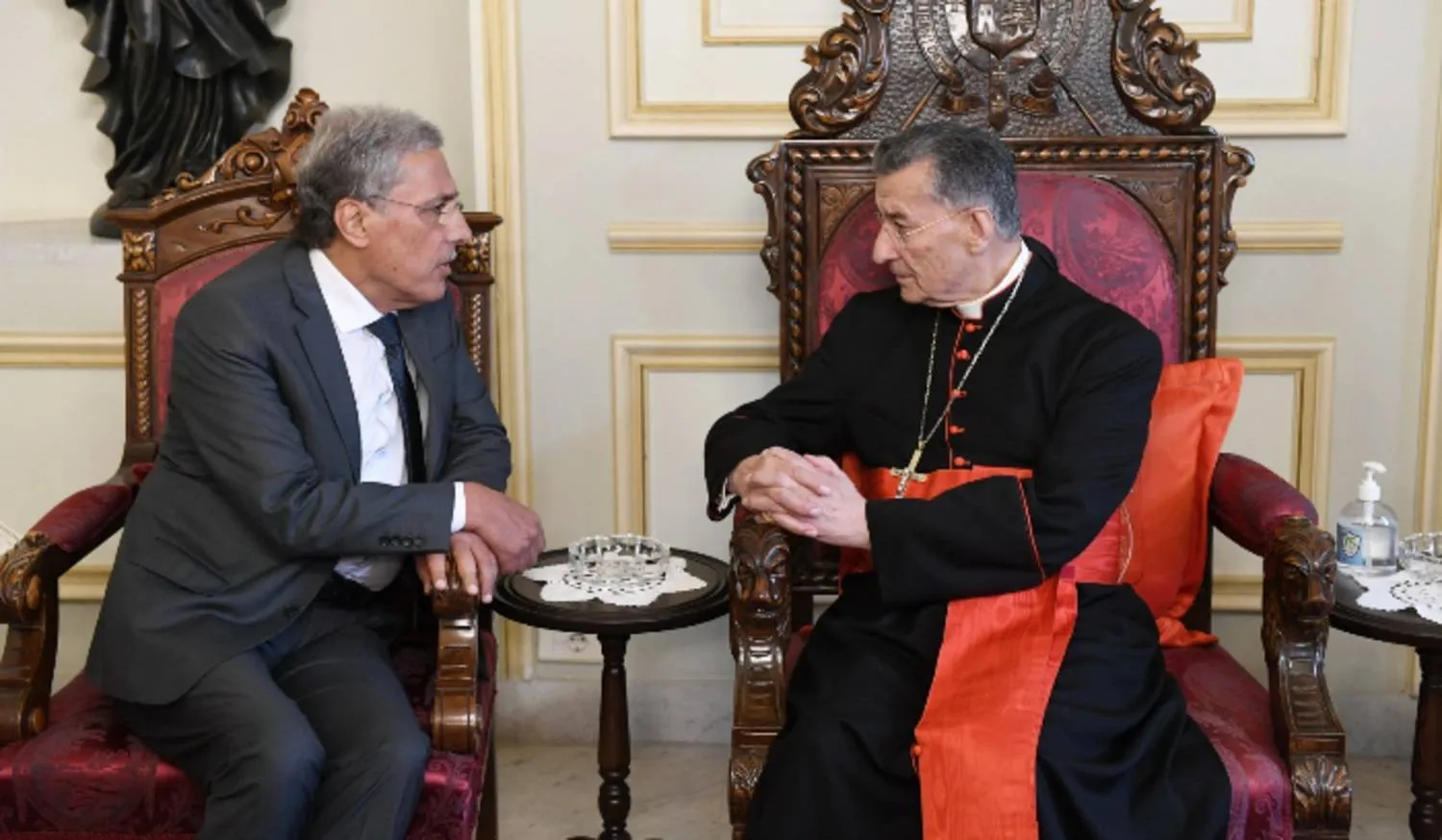Syrian President Ahmed al-Sharaa is confident in both the mechanism and the pace of implementation of the agreement with the Syrian Democratic Forces (SDF), sources in the capital told Asharq Al-Awsat on Saturday.
The sources, who met al-Sharaa days earlier, said the president believes he has “a thousand solutions to every problem” related to unifying Syria “as land and people,” despite what they described as attempts by a hardline faction within the SDF to derail the process.
The government appears determined to move forward. Damascus has begun implementing what it calls an “integration” of state institutions with the Kurdish-led group’s administrative and military structures.
Political writer Ibrahim al-Jabin said al-Sharaa is also closely managing developments in Hasakah province through understandings with the international coalition and the US military, which is vacating bases and transferring them to Syria’s Ministry of Defense.
Al-Jabin, who attended a recent meeting between the president and Arab writers participating in the Damascus International Book Fair, said al-Sharaa projected assurance about the agreement’s trajectory.
He pointed to a “hardline current” within the SDF seeking to push matters toward collapse, describing recent remarks by Ilham Ahmed as efforts to provoke Damascus while containing dissatisfaction among supporters of the Kurdistan Workers’ Party (PKK), who are critical of what they see as concessions by the SDF.
At the same time, al-Jabin said a strong current within the SDF is leaning toward pragmatism and compromise, shifting from a militia mindset to a governing role. He cited Decree No. 13, which grants Syrian Kurds long-demanded rights, including citizenship for those previously denied it and recognition of Kurdish-language instruction in areas with significant Kurdish populations. These measures, he added, are proceeding in parallel with US support for Damascus’ approach.
On Friday, Ilham Ahmed, co-chair of the Autonomous Administration’s Department of Foreign Relations, told the Kurdish channel Ronahi that many provisions of the Jan. 29 agreement had yet to be implemented, warning of “the risk of a new war in Syria.”
She accused the government of resisting meaningful Kurdish participation in state institutions and said hate speech from some sectors was obstructing progress.
Kurdish political researcher Mahdi Daoud described Ahmed’s remarks as “provocative,” arguing that the Democratic Union Party (PYD) benefits from heightened tensions and feels stronger in times of instability.
Daoud said it was too early to fully assess the integration mechanism, but noted that a plane landed at Qamishli airport on Saturday without incident, a sign of relative calm.
In a related development, Syria’s General Authority of Civil Aviation formally assumed control of Qamishli airport under the January 29 agreement.
Authorities also released 51 detainees from Alaya prison, still run by the SDF, in coordination with Hasakah Governor Noureddine Ahmad and local tribal leaders, alongside a presidential amnesty issued by al-Sharaa.









